The five emails every Research Assistant should be sending
I have done a lot of work as a Research Assistant and Research Associate over the years, and I’ve learned so much by doing it. This work let me expand my networks, develop my research skills, and peek inside the brains of some brilliant people. Now I’m in a position to hire my own research assistants, I know the kind of emails I really appreciate getting from the people I’m working with.
These are the top five emails you should be sending as a Research Assistant.
1. “I’m writing to confirm my key tasks.”
Hopefully, you have a clear line of communication with the person who is employing you, but unfortunately, that doesn’t always happen. If they have emailed you instructions on what to do, this message might not be necessary, but if (more commonly) you’ve had a Zoom meeting or a chat over coffee, this is perhaps the most important email you will send all week.
You don’t want to waste your time, and your boss doesn’t want to pay you for wasted time. You can spare both of you this frustration by confirming your understanding of what they expect you to do this week (fortnight, month, whatever). Best-case scenario, they say: “Perfect, thanks!” In the other best-case scenario, they clarify what they want you to do in writing. It’s a win-win situation.
2. “Would I be able to get a little more guidance on…?”
You confirmed what you’re supposed to be doing but got halfway through and realised something doesn’t seem quite right. You might be stuck as to where to go next or worry that you have misunderstood what is expected of you. This is where asking for help comes in. Like the confirmation email in point 1, this is a good way of not wasting anyone’s time or resources. It might be that you have come up against a problem that your boss hadn’t considered, and it’s a good point to pause while they rethink things. Or they might be able to give you pointers on how to go forward. Either way, it is always better to check in and get the go-ahead than to keep going uncertainly.
3. “I wanted to update you on where I’m up to…”
At the end of the week or fortnight, it’s good practice to email your boss to let them know what you’ve been up to and (if appropriate) what you’ll be doing the following week or fortnight. You can also use the opportunity to let them know about any issues that are holding things up (ideally offering a solution as well). It’s nice to do this just before you submit your timesheet (if you’re a casual employee), and it also means there’s a handy overview of the work you’ve been doing if your boss’s research account is audited.
4. “Thanks so much for the opportunity – I really enjoyed working with you! Please let me know if any more work comes up in the future.”
These days, funding can be limited, and there’s a good chance that you won’t be with a single boss indefinitely. However brief the opportunity you’re offered, be sure to thank them and (if it’s true!) express interest in working with them again. It’s often a pain to find new people, so if your work is good and you are a pleasure to work with, there’s a fair chance that you will be offered further work if funding becomes available. Being gracious and grateful even when the money runs out can only help your future prospects.
5. (After an appropriate amount of time) “I’ve come across a professional development opportunity that would support the work I’m doing for you…”
You need to use your judgement with this one. It won’t work if you’ve been employed for, say, twenty-five hours to do a lit review for someone. But if you know that your boss has a research grant and you’re perhaps employed on an ongoing part-time basis or a longer-term casual basis, it can’t hurt to let them know when you find a professional development opportunity that would genuinely support the work that you’re doing for them. It might be a project management course, advanced training in a particular method, or a module on research software like NVivo. But it needs to be relevant to the work you’re doing for them. If you do find yourself in a position to send this kind of email, be sure to mention what the training is, how much it costs, and when it is held before asking something along the lines of “Is there any funding I might be able to access to undertake this training?”
Being an RA is a really worthwhile experience as a new researcher – you can learn so much from the people you work with. Keeping these emails up your sleeve for future reference can only make your job easier and more fulfilling, and increases your chances of being re-employed to boot.
